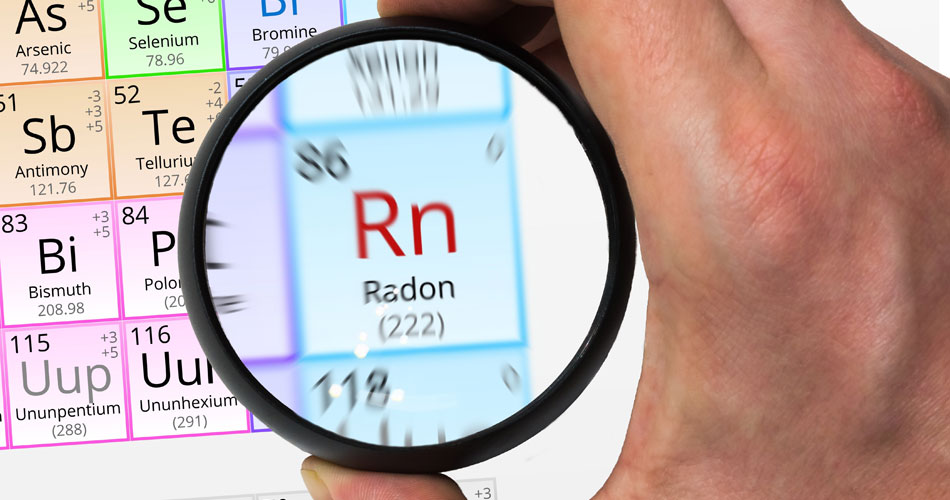What is Radon?
Radon is a naturally occurring radioactive gas that is formed from the decay of uranium in soil, rock, and water. It is colorless, odorless, and tasteless, making it difficult to detect without specialized equipment. With this being said, homeowners and business owners may be unknowingly exposing themselves and their families to high levels of Radon! It is present in the environment all around us, but it can become a problem when it accumulates in enclosed spaces, such as homes and buildings.
Exposure to high levels of radon can increase the risk of lung cancer, as it releases radioactive particles that can be inhaled and damage lung tissue. According to the EPA estimates Radon is considered to be the leading cause of lung cancer among non-smokers, second leading cause overall, and is responsible for an estimated 21,000 deaths in the United States each year. As a result, the United States Environmental Protection Agency (EPA) and the Surgeon General have both classified radon as a significant public health concern.
How common is Radon in Atlanta?
The prevalence of radon in Atlanta, as well as in any specific area, can vary depending on the geology and soil composition of the region. Radon levels can be influenced by factors such as the amount of uranium in the soil and the permeability of the soil, which affects the gas’s ability to escape.
While it is challenging to provide an exact number for radon prevalence in Atlanta, the Georgia Department of Public Health has identified several counties in Georgia, including some in the Atlanta metropolitan region, as having the potential for elevated radon levels. These counties include Cherokee, Cobb, Dawson, Fulton, Gilmer, Gwinnett, Hall, and Lumpkin. Click here to see if you are considered to be in an elevated zone: https://www.epa.gov/sites/default/files/2014-08/documents/georgia.pdf
The only way to know for sure? Get your home or business tested by a certified inspector!


Recent Comments